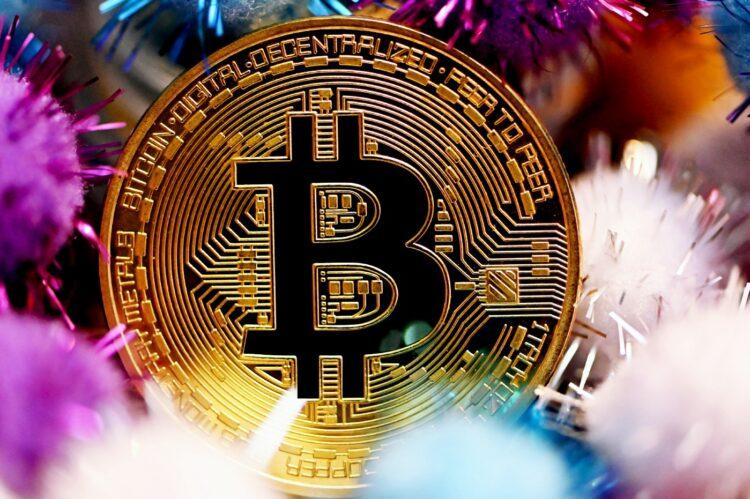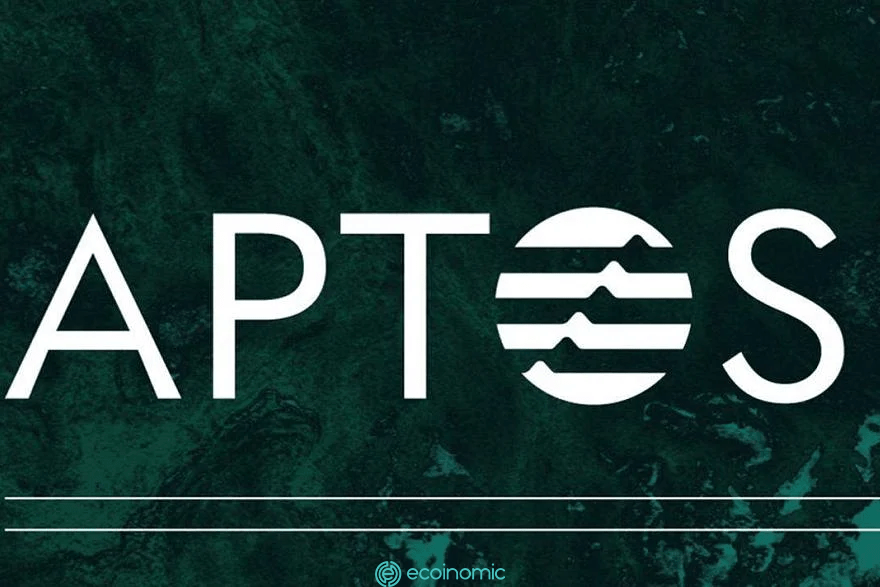Advertisement
The war between Russia and Ukraine brings the concept of “globalization reversal” into economic and geopolitical dialogues. Cryptocurrency analysts say that this trend could lead to major effects on the Bitcoin (BTC) market.
The disruption of the global connectivity system built since the collapse of the Soviet Union in 1991 could cause fragmented trade and supply roads to return. Economists say this could make some goods or products more expensive in the region, pushing up consumer prices at a time when U.S. inflation is at its highest level in four decades.
Many investors see Bitcoin as a way of preventing inflation. So many traders may see the globalization reversal as a reason to invest in the market’s most valuable cryptocurrency.
What is a reversal of globalization?

Over the past few decades, the trend of globalization has created an era in which governments and corporations promote free trade and greater use of foreign human resources. One economic principle that applies is “competitive advantage” – the idea that a country can produce consumer goods and services cheaper than its trading partner.
So globalization helps countries enjoy lower import fees.
Recently, however, this trend has changed, leading many scholars to predict an era of globalization reversal. This trend began a few years before the U.S.-China trade war broke out, then worsened by the coronavirus epidemic and the recent Russia-Ukraine war exacerbated this trend.
Global supply chains are disrupted, exports are hampered and Russia has been removed from the dollar-dominated global payment system due to U.S. financial sanctions.
“Russia’s invasion will have a direct impact on the global economy because of limited exports from Ukraine and Russia, especially energy, food, fertilizer and other commodities,” Janet Yellen, the U.S. Treasury Secretary, said in a statement. “When Russia decided to invade Ukraine, it was determined to leave the global financial system. “The leaders in Russia know that we will impose draconian sanctions.”
See also: All you need to know about cryptocurrencies and inflation
How does reversing globalization affect the economy?
As the exchange of goods and goods around the globe becomes increasingly disrupted, the retail price of the product can rise and contribute to inflation.
“Russia’s attack on Ukraine is causing shortages of oil and gas, wheat, nickel, neon and other commodities,” said Erica Groshen, a former federal Reserve Bank of New York researcher who is now a senior economic adviser at Cornell University of Industrial and Industrial Relations. inform. “These kinds of shortages lead to higher prices and at the same time we are facing the problems that the epidemic leaves behind.”
Groshen also said that reversing globalization also causes instability, leaving serious consequences for economic activity.
Despite the U.S. Federal Reserve’s efforts to combat inflation by raising interest rates and possibly shrinking its financial statements, it looks like prices will rise further in the near term.
Growing fragmentation could also impact the U.S. dollar’s dominance over global trade.
“Even in this situation, the dollar would still be the main global currency, but low-level fragmentation is certainly possible,” said Gita Gopinath, first deputy managing director of the International Monetary Fund. “This has already begun to happen when many countries are reconsidering the currency they receive for transactions.”
Larry Fink, founder of BlackRock (BLK), the world’s largest asset management company, said that “While companies and governments are rethinking their dependence on Russian energy, they are also reconsidering their dependence on other countries.”
This could cause companies to produce on-site or closer to the consumer market, causing the rapid withdrawal of many companies in other countries,” Fink said. “A large-scale reorientation of the supply chain will cause inflation.”
See also: What is inflation? Who benefits and who suffers from inflation?
How does reversing globalization affect the Bitcoin Price?

Many analysts say that Bitcoin could be the same inflationary hedge as gold, and the current economy will test for that.
On the one hand, higher consumer prices – or falling dollar purchasing power – could make Bitcoin more attractive because the cryptocurrency’s supply is fixed. Many investors think that Bitcoin is a “harder” currency than the dollar because the Federal Reserve can always print more banknotes.
On the other hand, the Federal Reserve could also reduce inflation by tightening monetary policies, which could stifle economic growth and put pressure on stock prices. Recently, Bitcoin has also had an unusual correlation with securities. The last time the U.S. saw inflation rise as high as it is now was in the early 1980s. Paul Volcker, the head of the Federal Reserve at the time, raised interest rates to nearly 20 percent.
“How bitcoin’s price will fluctuate in an inflationary environment is unclear,” said Garrick Hileman, a blockchain researcher at the London School of Economics and Political Science. “We don’t have thousands of years in history like gold to test. This is the first time Bitcoin has encountered such a high inflation cycle.”
















